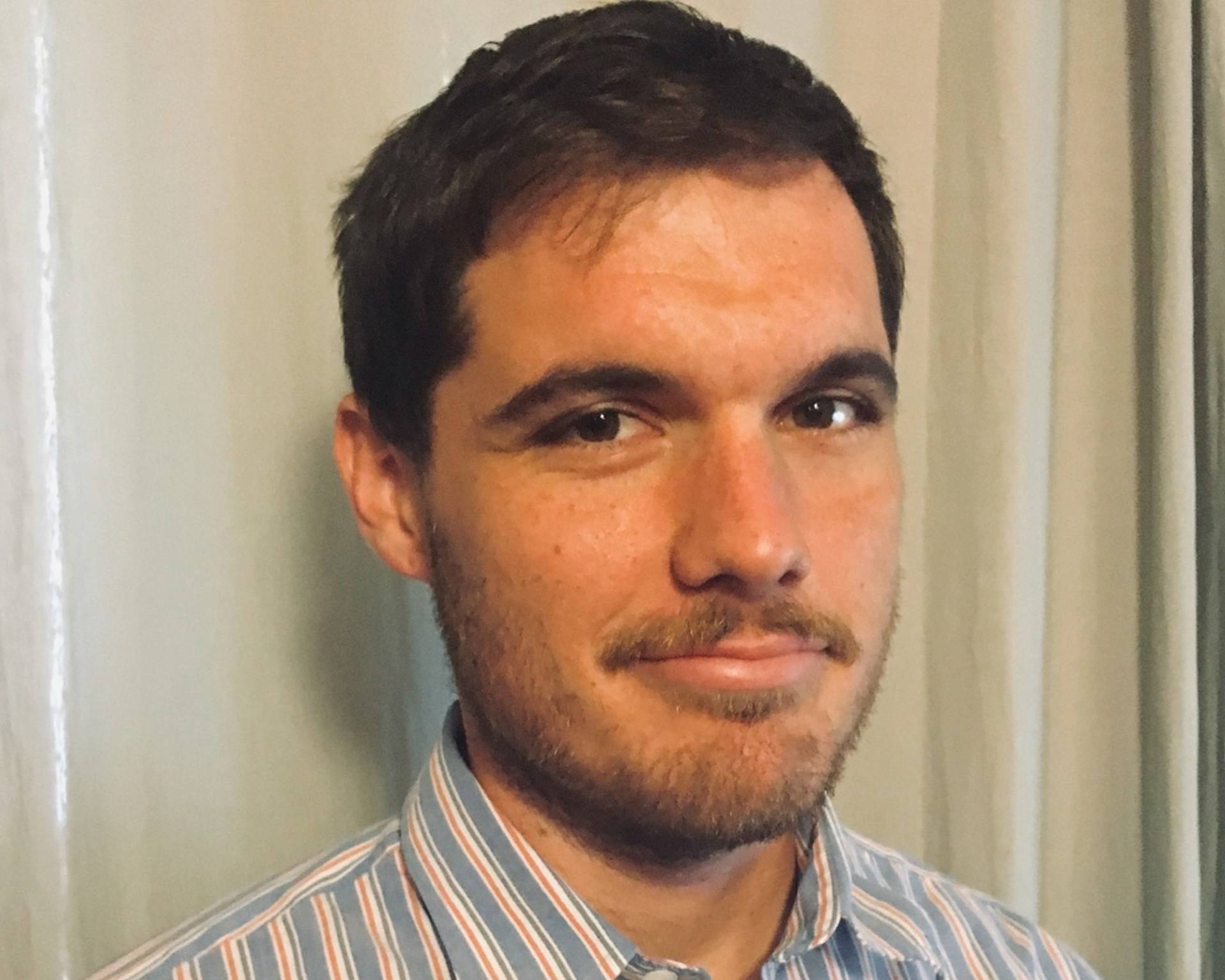Our Coast, Our Delta: LSU Researchers Help Communities Leverage Nature-based Solutions for a Sustainable Future
June 01, 2023
LSU’s Coastal Ecosystem Design Studio, or CEDS, works with communities across Louisiana to leverage nature-based solutions to protect people from severe storms and flooding. At this year’s State of the Coast conference in New Orleans on May 31-June 2, faculty and student researchers associated with CEDS will discuss their ongoing work in a session called “Developing Integrated Engineering and Design Solutions (DEEDS) for Coastal Louisiana” (Thursday, June 1, 3:30-5 p.m. in room 208).
DEEDS is a vast research project supported by the U.S. Army Engineer Research and Development Center, or ERDC. Thursday’s session is organized by Traci Birch, assistant professor of architecture and associate director of CEDS—a recent merger of the LSU Coastal Sustainability Studio and the LSU Center for Coastal Resiliency—and includes panelists Jacob Gautreaux, Ph.D. student in history; Grayson Loudon, recent graduate of the LSU architecture undergraduate program; Tabassum Islam, civil engineering graduate student from the University of South Alabama; and Ulsia Urrea Marino, Ph.D. student in coastal and marine science at Texas A&M at Corpus Christi.

Jacob Gautreaux, Ph.D. student in history
Gautreaux, who lives in Lafayette, Louisiana, was a participant in last year’s CEDS summer internship program, where he focused on helping communities in East Barataria Bay. He looks forward to talking about his work at the conference.
“Through this experience, I grasped new levels of understanding of coastal restoration planning and realized the complex issues that such ventures entail when you factor in the human dimension in solutions to an eroding delta,” Gautreaux said. “As a social scientist and historian, it’s apparent that, for a lengthy period in the past, most coastal communities were not directly included in coastal restoration planning. Although these coastal voices are now starting to factor in, we’re still far from including the level of involvement necessary for mass community buy-in to major restoration projects—especially when considering populations outside the urban confines.”
“Through this experience, I grasped new levels of understanding of coastal restoration planning and realized the complex issues that such ventures entail.”
Jacob Gautreaux, Ph.D. student in history
Gautreaux’s participation during the internship led to discoveries as well as unexpected challenges.
“East Barataria Bay is directly affected by the now-approved river diversion in Plaquemines Parish below the small community of Ironton and above the community of Grand Bayou,” Gautreaux said. “We grew to realize the local population ranged widely in their responses to such a massive state-led project. Some guardedly deemed it a necessity, but suggested multiple small diversions instead of one large project. Our final design tried to consider the controversial issues surrounding the diversion, incorporate the human dimension and provide sustainable and economically realistic solutions.”
After graduation, Gautreaux plans to teach history or continue to work as an advocate for vulnerable communities in Louisiana.
Learn More about DEEDS and LSU’s ongoing work with communities to develop nature-based solutions.


